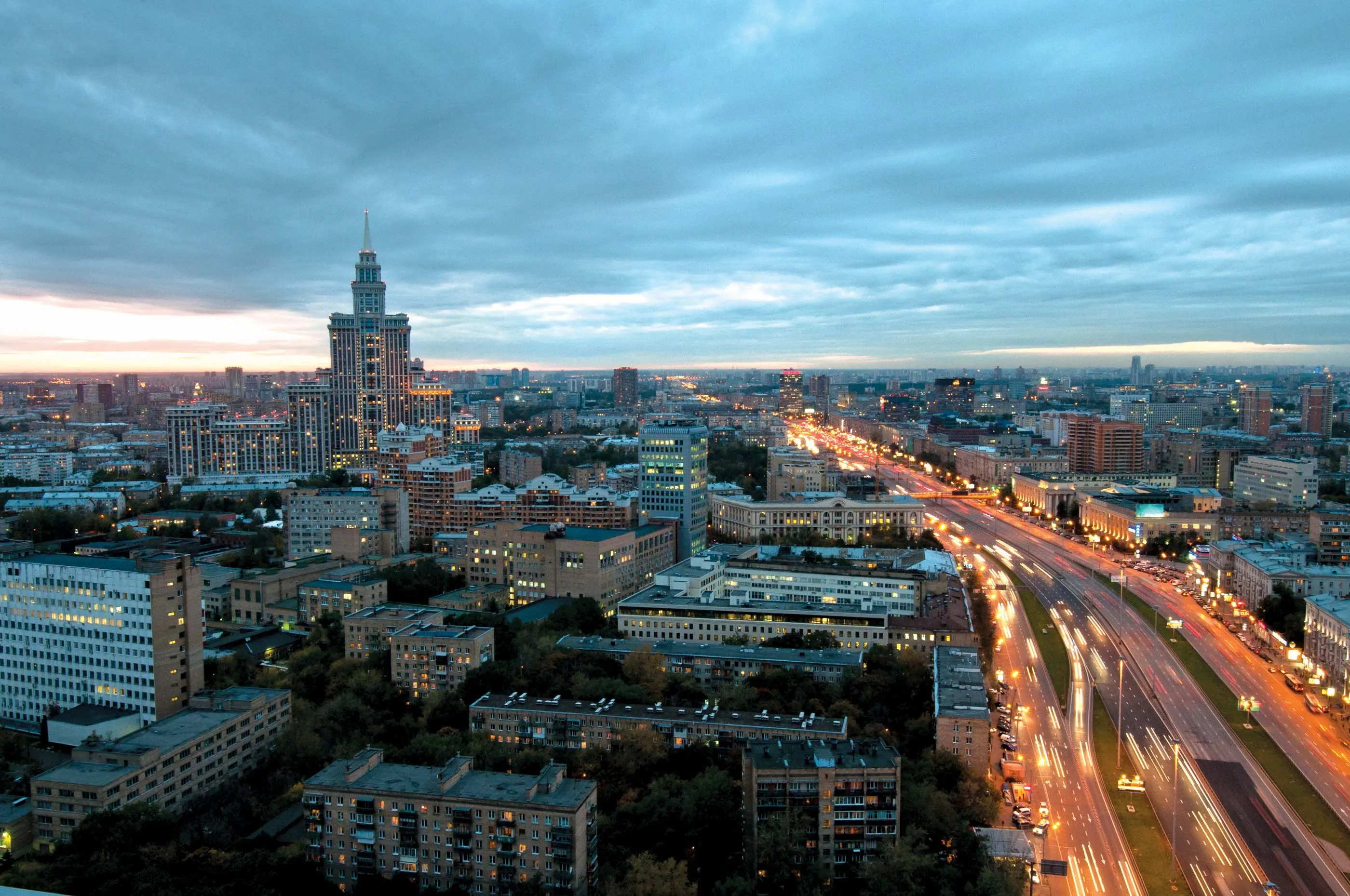Bidding is healthy for a section of dual carriageway in Poland linking Kurow with Lublin.
The section is 60km long and has been divided by the Polish General Directorate for National Roads and Motorways (GDDKiA) into five separate bids.
May 14, 2012
Read time: 2 mins
Bidding is healthy for a section of dual carriageway in Poland linking Kurow with Lublin.
The section is 60km long and has been divided by the3519 Polish General Directorate for National Roads and Motorways (GDDKiA) into five separate bids.
The completion of the tenders is scheduled for May 2010. Meanwhile the authorities in the city of Lublin are opening up the tender process for a road to connect with the city’s ring-road. The project is expected to cost over €52 million. Only up to seven investors will be allowed to take part in the tender.
3302 Budimex 3546 Dromex is starting construction work for the 33km section of Poland’s A4 highway between Debica Pustynia and Rzeszow. The deal is worth nearly €435 million and the contractor, a subsidiary of Polish construction firm Budimex, won the tender with the lowest offer for the work.
Meanwhile contractor1547 NDI has put in the lowest tender for the 34km section of the A4 between Krzyz and the Debica Pustynia junction. NDI has put in a bid of €251 million while the highest bid for the work was nearly €337 million.
A €200 million loan from the1054 European Investment Bank (EIB) will provide partial funding for Poland’s highway improvement programme. This loan will be used for upgrading an 8km stretch of the A6 highway between Klucz and Kijewo. The loan will also provide partial funding for construction of a 57km section of the A1 highway between Gorzyczki, Sosnica and Maciejow, as well as a 51km stretch of the A4 highway between Zgorzelec and Krzyzowa. Poland’s highway network has already benefited from EIB loans worth €300 million.
The section is 60km long and has been divided by the
The completion of the tenders is scheduled for May 2010. Meanwhile the authorities in the city of Lublin are opening up the tender process for a road to connect with the city’s ring-road. The project is expected to cost over €52 million. Only up to seven investors will be allowed to take part in the tender.
Meanwhile contractor
A €200 million loan from the






